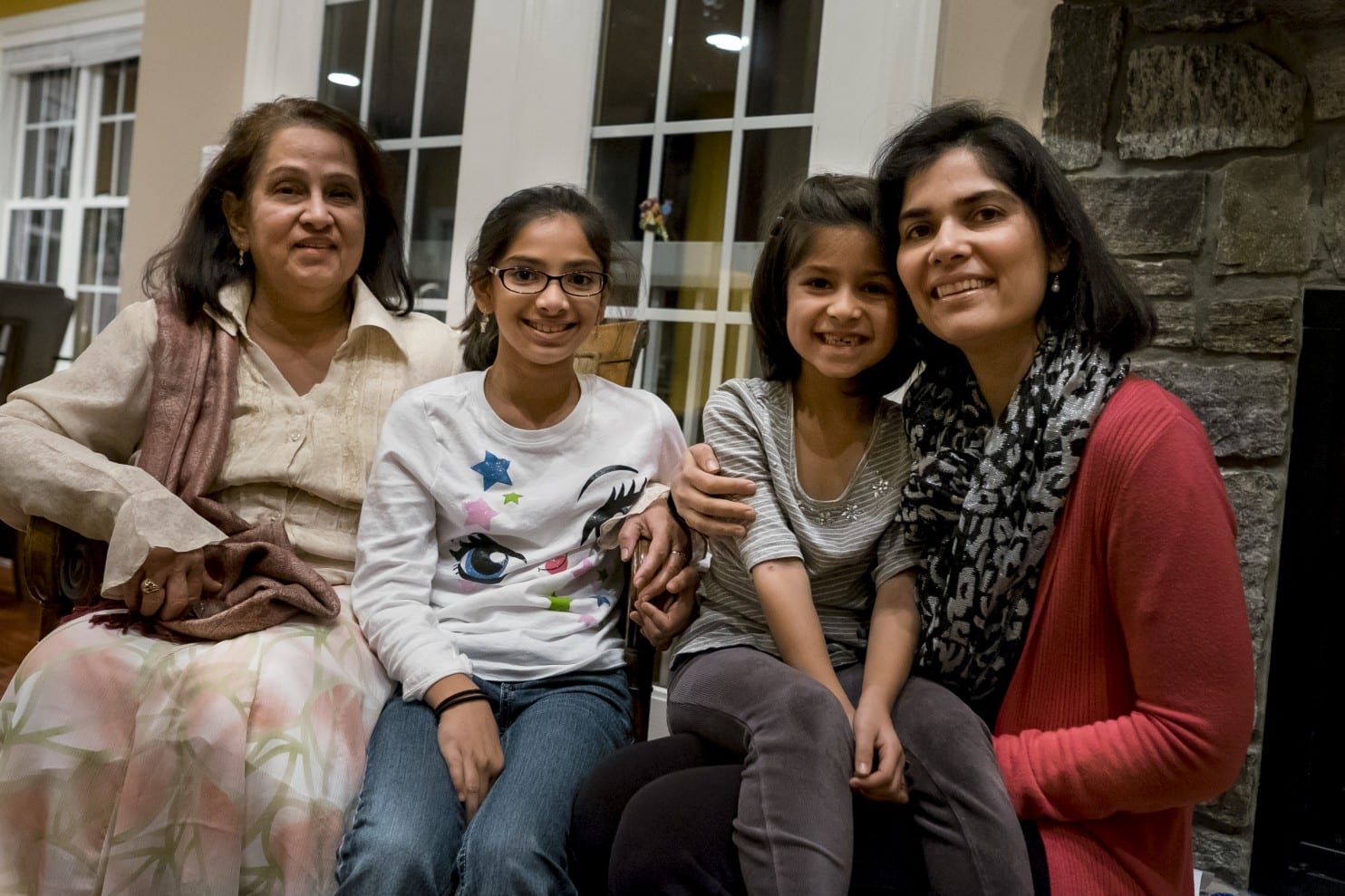
STRIVE: STudents RIsing aboVE
This study will test whether STRIVE, a novel school-based mindfulness intervention, can impact self-regulation mechanisms to promote student health and mental health while preserving academic resilience in high-achieving BIPOC high school students.
Funded by the National Institute of Mental Health
Collaborators: Dr. Anna Lau (University of California, Los Angeles), Dr. Joey Fung (Fuller Theological Seminary), Dr. Farzana Tabitha Saleem (Stanford University)

Happy, Healthy, Loved
In this study, we examine the efficacy of an internet-based parent education program with new parents during the first six weeks of parenthood and at 6 months follow-up. We focus on identifying physiological factors that may impact mothers’ coping, breastfeeding self-efficacy, and breastfeeding behaviors. We anticipate that the intervention would have the biggest impact on mothers with the highest levels of perceived stress and cortisol levels.
Collaborators: Marie Cooper (Riverside Methodist Hospital), Dr. Teresa Wood (OhioHealth), Dr. Erin Henshaw (Denison University), Marianne Marinelli (Riverside Methodist Hospital), Anne Keller (Doctors Hospital)

COMET: COVID-19 on Maternal Experience and Temperament
This study focuses on the risk and resilience factors for families in the midst of the pandemic. We examine stress, mental and physical health, the long-term consequences of the COVID-19 pandemic on mothers and their children, and the influence of the pandemic on physiological mechanisms.
Funded by the National Science Foundation
Collaborators: Dr. Patricia Smiley (Pomona College), Dr. Cindy Liu (Brigham and Women’s Hospital)

Sleep, Resilience, and Health
In this multi-year funded longitudinal study of 210 ethnic minority youth, we will focus on the links between academic achievement, poverty-related risks, and adolescent health in diverse ethnic groups, factors that may help to reduce health costs of academic resilience in the face of poverty, and whether poor sleep is part of the link between resilience and health problems.
Funded by the National Institute of Child Health and Human Development (NICHD)
Collaborators: Dr. Tuppett Yates (University of California, Riverside)

ARCH: Advancing Research on College Health
In this study, we seek to understand the risk and resilience factors that influence successful adaptation in college students in a longitudinal, comprehensive investigation. We leverage a multi-method approach of psychological, behavioral, and physiological assessments to examine personality, relationships, and early life experiences’ influence on health behaviors and adjustment.
Funded by the Ho Foundation and Kravis Labs.

STAR: Stress, Temperament And Regulation
In this study, we examine children’s personality and self-regulation (ages 3-4), and how it influences parenting and cortisol levels in saliva and hair. STAR is a follow-up study that examines the efficacy of a clinical intervention called “savoring.”
Collaborator: Dr. Patricia Smiley (Pomona College).

Rural Poverty and Children’s Development
Children growing up in poverty face unique challenges. What are the potential risk and protective factors? This longitudinal project tracks children from 9-25 years who grew up at or below the poverty line to identify physical and psychosocial risk factors.
Funded by the William T Grant Foundation
Collaborators: Dr. Gary W. Evans (Cornell University).

Mindfulness and Health Behaviors
In this study, we explore whether improving adolescents’ emotion regulation abilities would influence health behaviors in low socio-economic status (SES) youth. We evaluate the individual and combined influence of working memory and distress tolerance interventions on the risk of smoking initiation.
Funded by the National Institute on Drug Abuse (NIDA)
Collaborator: Dr. Michael Otto (Boston University)

Mechanisms of Health Disparities
In this project, we examine racial and ethnic differences in health disparities, as well as their mechanisms, across the college years. Further, we consider psychosocial and biological mechanisms for these effects that are the result of past or present social injustice.
Funded by the Robert Wood Johnson Foundation Research Grant, and the UW Institute for Clinical and Translational Research (ICTR) Health Equity Pilot Award

MIND: Mapping Intelligence and Neural Development
We investigate the physiological and neurobiological underpinnings of self-control abilities, as well as examine parenting practices that may influence the abilities in children. The goal of this line of research is to identify the relationship between maternal and child physiological markers and self-regulation.
Collaborator: Dr. Amanda Tarullo (Boston University)

ERCS: Emotion Regulation as a Complex System
Are there cultural differences in children’s self-control? Do children from different cultures respond to stress differently? Understanding these cultural differences may help to further our understanding of culturally sensitive interventions to improve children’s well-being.
Funded by the National Science Foundation
Collaborator: Dr. Twila Tardif (University of Michigan, Ann Arbor)
